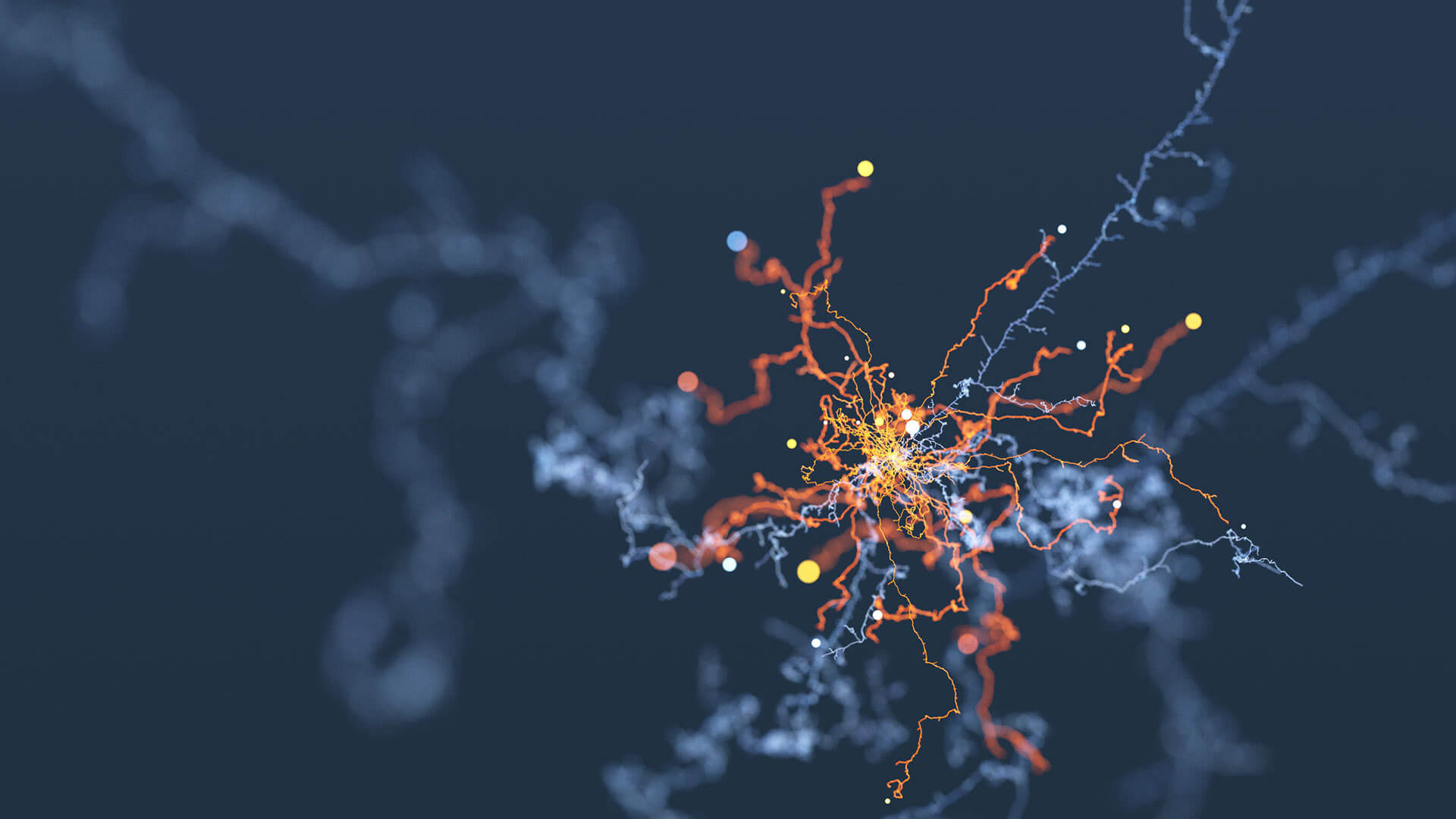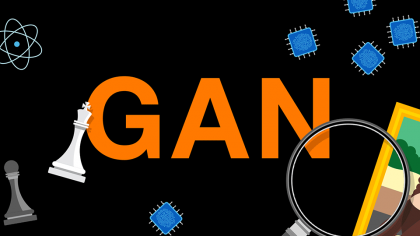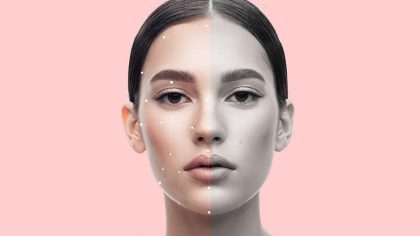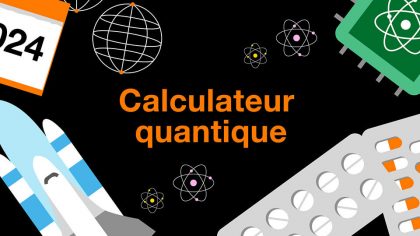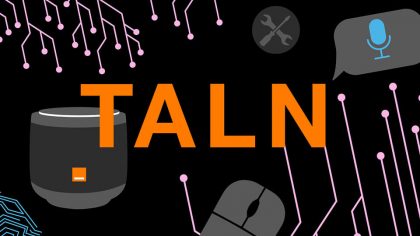News
Artificial intelligence
- Data
- Digital culture
- Internet of things
- Networks and IT
- Research
AI is playing a key part in reshaping and developing businesses, and in improving people’s daily lives. Different concepts, tools and technologies that use algorithms—such as blockchain, machine and deep learning, natural language processing, generative AI, etc.—are beginning to show exciting possibilities that will support and optimise human intelligence. If guided by an ethical and responsible approach, this field can offer numerous rewards.

